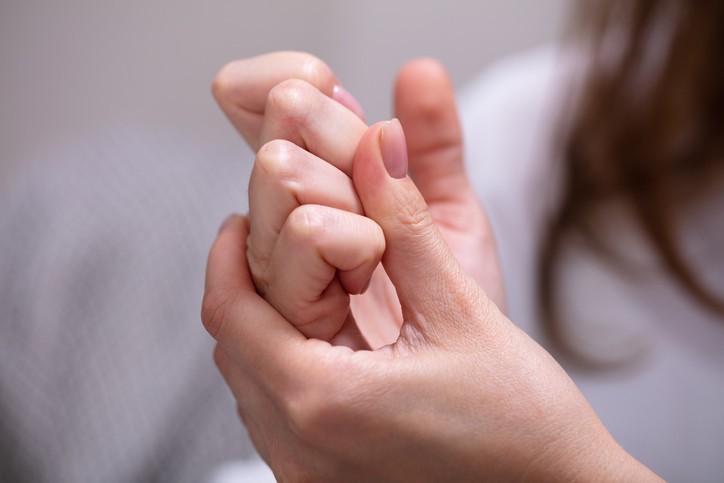 alt
alt
Knuckle cracking: that satisfying (or annoying) pop we hear when we bend our fingers. But Why Do Knuckles Crack? Is it harmful? This article dives into the science behind the sound and explores the research on its potential effects.
The Mechanics of Knuckle Cracking
The sound of cracking knuckles isn’t bones grinding together. Instead, it’s caused by changes in pressure within the joint.
- Gas Bubbles: Synovial fluid, a lubricating liquid, surrounds our joints. This fluid contains dissolved gases, like oxygen and nitrogen. When you stretch or bend a joint, the pressure within the joint decreases. This pressure drop allows the dissolved gases to form tiny bubbles – a process called cavitation.
- Bubble Collapse: The “pop” you hear is likely the sound of these gas bubbles collapsing. Think of it like opening a soda can; the sudden release of pressure causes dissolved carbon dioxide to form bubbles that burst.
:max_bytes(150000):strip_icc():format(webp)/knuckle-cracking-overview-5194667-V2-164df8d5826f4252b9b197488908a900.jpg)
- Refractory Period: You can’t crack the same knuckle repeatedly because it takes time for the gas bubbles to re-dissolve into the synovial fluid. This period, known as the refractory period, is typically around 20 minutes.
Debunking the Myths: Is Knuckle Cracking Harmful?
Despite common concerns, most research suggests that knuckle cracking is harmless.
- Arthritis Risk: A long-term study conducted by a physician who cracked the knuckles on only one hand for decades found no difference in arthritis development between his two hands. This, along with other studies, indicates that habitual knuckle cracking doesn’t increase the risk of arthritis.
:max_bytes(150000):strip_icc():format(webp)/arthritis-overview-4014890-v3-36326892500c4192825f6c1340578a7e.jpg)
- Other Potential Harms: While rare, there have been reports of minor injuries associated with forceful knuckle cracking, such as tendon injuries or dislocations. These are exceptions, not the rule. One study suggested a potential link between knuckle cracking and reduced grip strength and hand swelling, but not arthritis.
The Sound of Other Joints
While we understand the mechanics of knuckle cracking relatively well, other joint noises, like knee popping, are less clear. These sounds may be due to tendons or ligaments snapping over bony prominences or the kneecap rubbing against the underlying bone. In the absence of pain or swelling, these sounds are generally not a cause for concern.
Conclusion: Crack Away (Probably)
Current evidence suggests that occasional knuckle cracking is unlikely to cause harm. While more research is always welcome, you can likely enjoy that satisfying pop without worrying about damaging your joints. However, if you experience pain or swelling with joint noises, consult a doctor. The sound itself is rarely a problem, but accompanying symptoms could indicate an underlying issue.